What is sapwood and what is it used for?
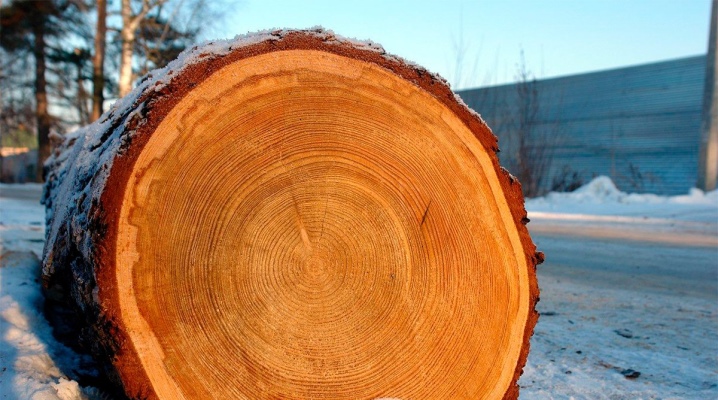
Sapwood is the outer layer of a tree. It is a separate special layer that provides the plant with nutrients and the required amount of liquid. Differs in a light shade. It is worth considering in more detail what is the peculiarity of sapwood, and where it is used.
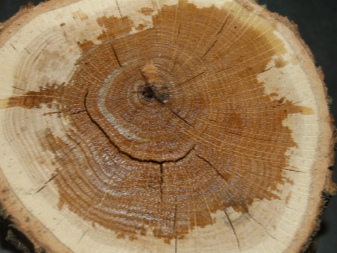
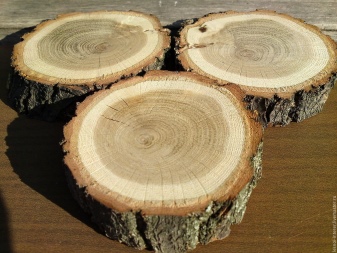
What it is?
Before you understand what the role of sapwood is, you should carefully study the general structure of the tree.
- Core... It is formed in the stem of a tree as a result of the death of wood cells, it has a predominantly dark brown tint. Distinguishing the kernel from other components is easy.
- Cambium... A special layer of active cells that provides a timely increase in the thickness of the trunk. It is by cambium that the age of the breed is determined, and not by the core, as many believe. Additionally, this wood element is responsible for the growth of tree rings.
- The bast part. A conductor for organic nutrients produced by leaves. From them, they move along the bast part to the root system. Located inside the trunk.
- Bark... Located on the outside, it is the skin of a tree - a hard layer located on the outside. Provides strong protection of the barrel from mechanical, climatic and other natural influences.
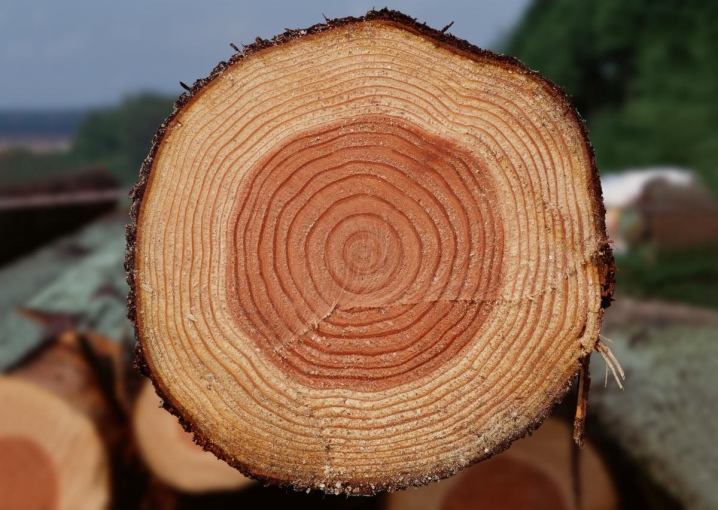
Now you can consider what the sapwood is. It is a wood element designed to transfer nutrients and fluids from the root to the crown. The sapwood looks lighter in comparison with the shade of the kernel, has a low mechanical strength. The latter is due to the large amount of water. And also sapwood is less resistant to the formation of fungi and insect damage compared to the same kernel or ripe wood.
It is noteworthy that some trees, in principle, lack a core, and wood, for example, birch and aspen, consists entirely of sapwood.
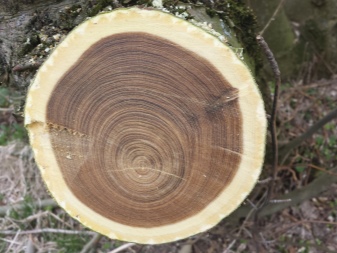
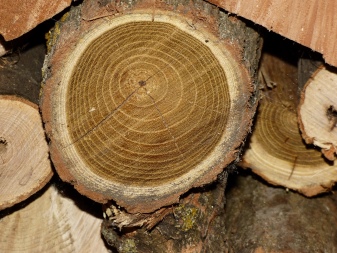
It is in demand both in industry and in the economy. Previously, it was harvested in large quantities for shipment to Siberia, and this is confirmed by many authors.
General properties of sapwood:
- a large amount of water compared to other layers of wood;
- low indicators of density and strength;
- instability to mechanical and chemical damage;
- susceptibility to insect attacks;
- quick release of moisture in case of drying;
- high level of shrinkage.
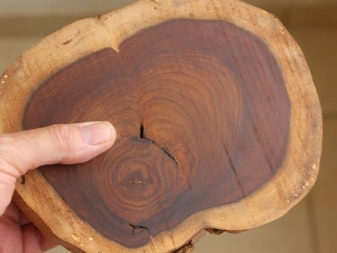
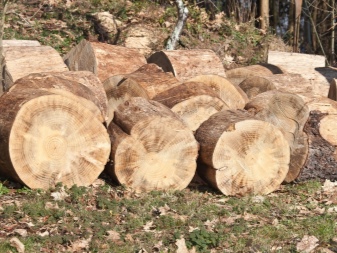
Several factors affect the active growth of the underbore, as this part of the tree is also called. The type, age and quality of the wood are key. Young trees have only one layer of sapwood, which increases in width as the tree grows. In mature species, the sapwood layer is up to 50% thick, but in some trees it does not exceed 25%. Larch is such a tree.
As already noted, in birch and aspen, sapwood occupies the entire trunk of the tree, preventing the formation of the core. Oak also has this element, but its strength is so low that the sapwood of this species is not particularly valuable.
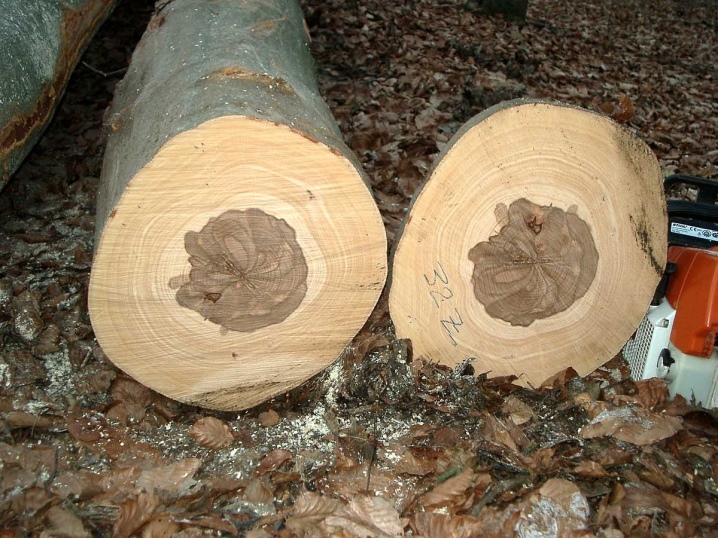
The same cannot be said about the core. In oak, the core is used for various carpentry work in the manufacture of strong and durable furniture.
The subcortex is much weaker than the core, and is also biologically unstable. However, it is easier to treat with antiseptics and other solutions that can improve the initial properties of the element.
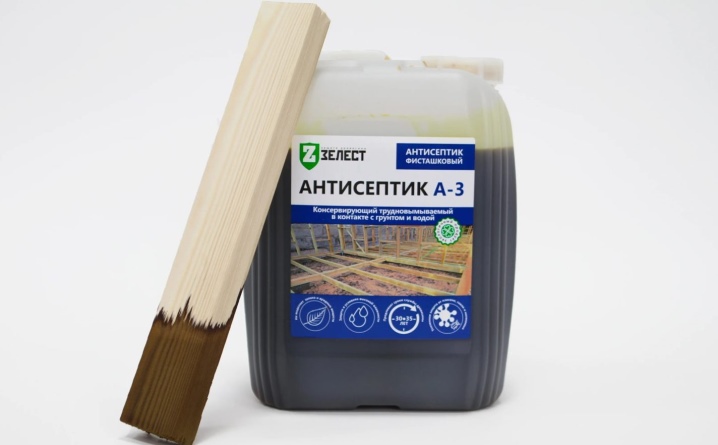
Views
There are countless tree species, but everything can be divided into several types.
- Sound... This category includes rocks with a pronounced core. The presence of a kernel can be determined by the dark color of the wood when it is cut down. The group includes such famous trees as larch, oak, apple. And also pine species can be attributed here.
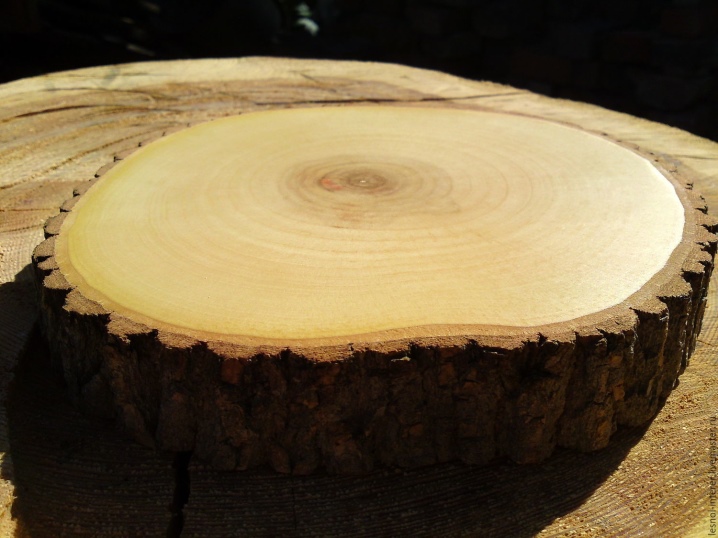
- Sapwood. It is easy to guess that such breeds have no nucleus at all, and they represent an accumulation of living microorganisms. The interior wood has a rather light shade. Maple, pear, linden and, of course, birch are prominent representatives of the category.
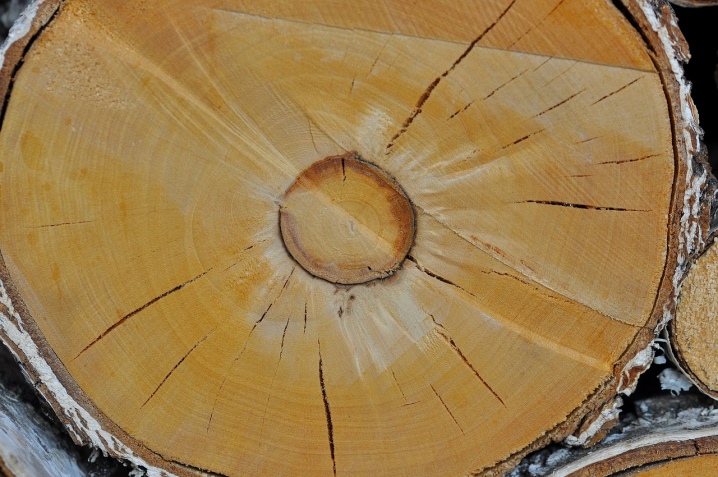
- Ripe woody breed. The difference in this category is the color of the nutrient layer, which can be confused with the color of the kernel. The most demanded material due to its high reliability. The group's representative is a freshly cut beech.
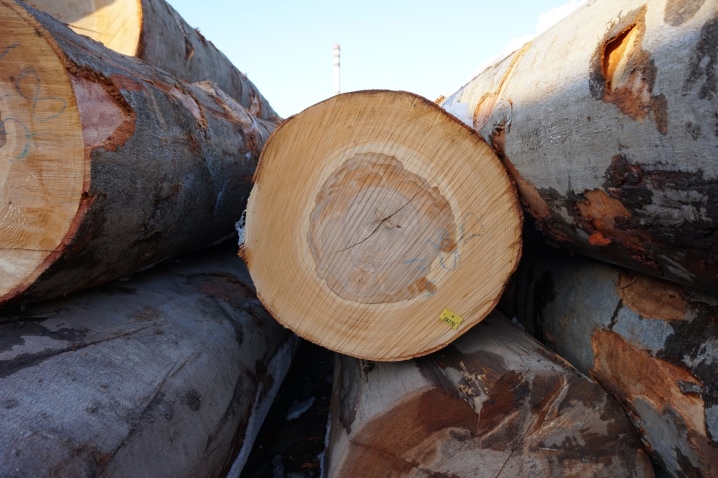
The second and third groups are capable of forming a false nucleus. However, such wood is not durable, which cannot be said, for example, about pine. It is possible to identify sapwood by a non-uniform light shade, as well as fuzzy shapes due to the soft structure of the wood, which contains liquid. However, even taking into account not the highest characteristics of birch sapwood and other types of wood, it was possible to find its use.
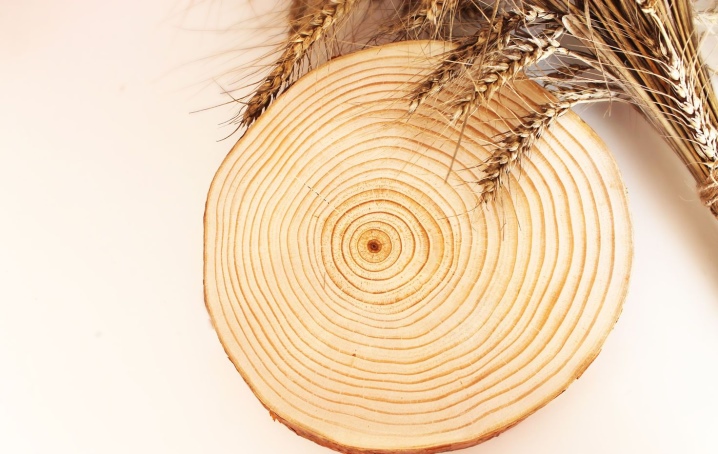
Application
The main purpose of sapwood is to protect the felled tree from the penetration of microorganisms and other damage. Therefore, many growers keep the underbore when chopping lumber.
This approach is due to the reliability and durability of the felled sapwood. It protects the base material from external influences, as well as from:
- insects;
- ultraviolet rays;
- temperature difference;
- high humidity indicators.
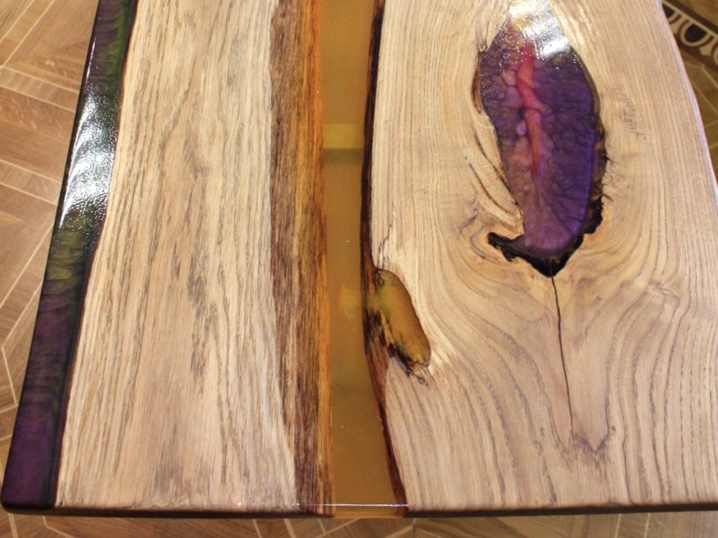
A distinctive feature and the main characteristic of under bark is its increased absorbency. Therefore, additional treatment of logs with an antiseptic will extend the durability of the wood and allow you to get solid log houses at the exit.
As for domestic use, sapwood flickers in the diet of most northern peoples. The rich supply of nutrients and water in the underbore makes this wood element truly valuable in regions where it is difficult to get food in winter.
Sapwood is a part of wood that provides it with a flow of liquid and useful components... The weak characteristics of the underbore did not make the tree element less in demand. It is actively used both in industry and in the economy.
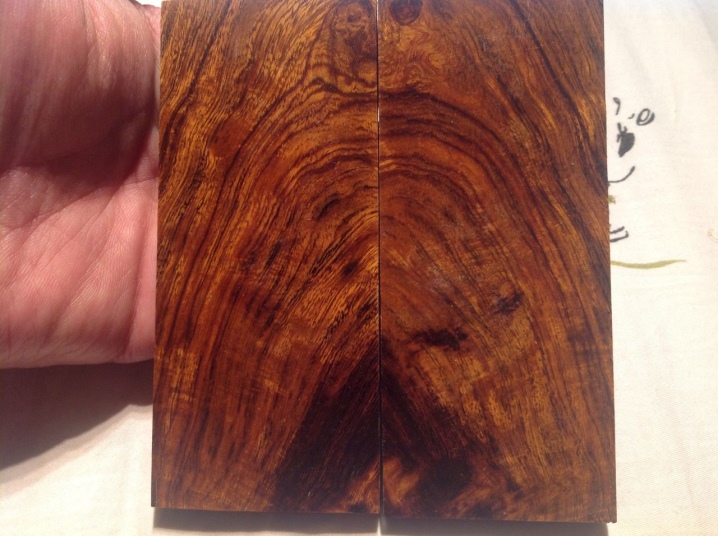













The comment was sent successfully.